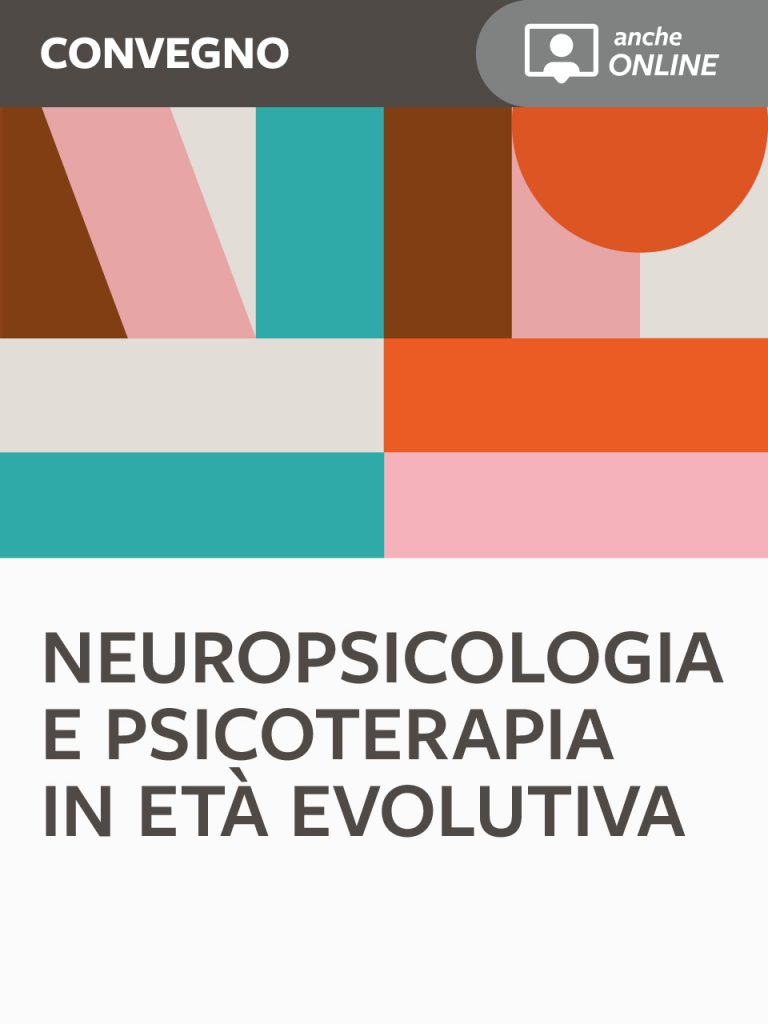Il coinvolgimento sociale dei bambini con Disturbi dello Spettro Autistico nella scuola primaria
Erin Rotheram-Fuller, Connie Kasari, Jill Locke, Brandt Chamberlain
Children with Autism Spectrum Disorders (ASD) are increasingly included in general education classrooms in an effort to improve their social involvement. Seventy-nine children with ASD and 79 randomly selected, gender-matched peers (88.6% male) in 75 early (K-1), completed social network surveys examining each child’s reciprocal friendships, peer rejection, acceptance, and social involvement. Across grade levels, peers less frequently reciprocated friendships with children with ASD than students in the matched sample. While children with ASD were not more likely to be rejected by peers, they were less accepted and had fewer reciprocal friendships than matched peers at each grade level. In inclusive classrooms, children with ASD are only involved in peers’ social relationships about half of the time, and appear to be even less connected with increasing grade level. Promoting children with ASD’s skills in popular activities to share with peers in early childhood may be a key preventive intervention to protect social relationships in late elementary school grades.
Keywords

